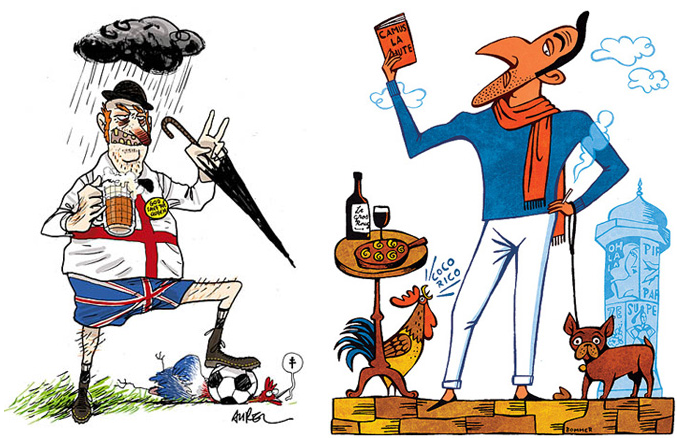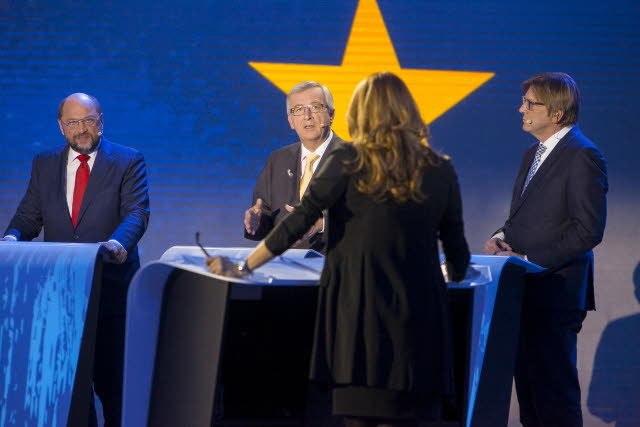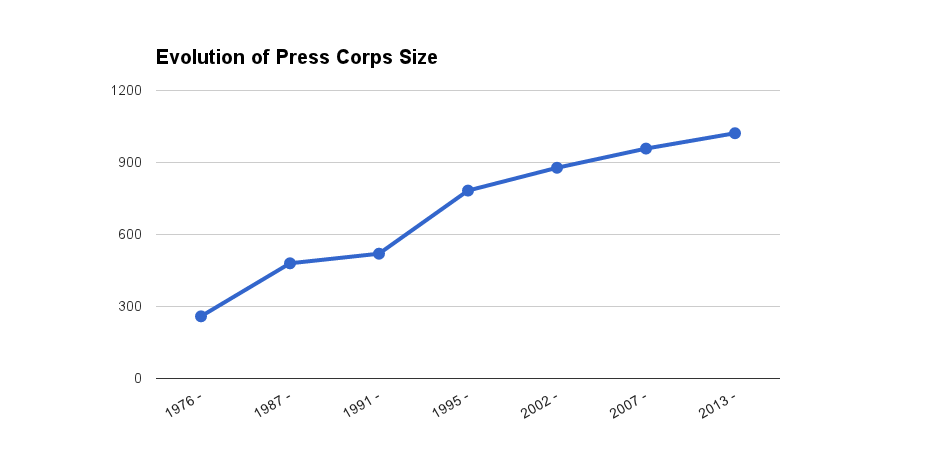Dylan Thomas, who was born 100 years ago next month, spent much of his last few years reading his poetry, writing film-scripts and consuming vast quantities of alcohol on lecture tours across the United States. Just before he set off on his last trip across the Atlantic – he died in New York aged 39 – he wrote a comic, caustic account of the U.S. lecture circuit entitled ‘A Visit to America.’ It is from a little-known collection of Thomas’ broadcasts for the BBC called ‘Quite Early One Morning’ and is a gem of a piece I have no problem relating to – not just because I hail from Dylan’s hometown of Swansea but because I am one of those “dazed and prejudiced procession of European lecturers” occasionally plying my trade in America.
Across the United States of America, from New York to California and back again, glazed, again, for many months of the year there streams and sings for its heady supper a dazed and prejudiced procession of European lecturers, scholars, sociologists, economists, writers, authorities on this and that and even, in theory, on the United States of America. And breathlessly between addresses and receptions, in planes and trains and boiling hotel bedroom ovens, many of these attempt to keep journals and diaries. At first, confused and shocked by shameless profusion and almost shamed by generosity, unaccustomed to such importance as they are assumed, by their hosts, to possess, and up against the barrier of a common language, they write in their note-books like demons, generalizing away, on character and culture and the American political scene. But, towards the middle of their middle-aged whisk through the middle-western clubs and universities, the fury of the writing flags; their spirits are lowered by the spirit with which they are everywhere strongly greeted and which, in ever-increasing doses, they themselves lower; and they begin to mistrust themselves, and their reputations – for they have found, too often, that an audience will receive a lantern-lecture on, say, ceramics, with the same uninhibited enthusiasm that it accorded the very week before to a paper on the Modern Turkish Novel. And, in their diaries, more and more do such entries appear as, ‘No way of escape’ or ‘Buffalo!’ or ‘I am beaten,’ until at last they cannot write a word. And, twittering all over, old before their time, with eyes like rissoles in the sand, they are helped up the gangway of the home-bound liner by kind bosom friends (and all kinds and bosoms) who boister them on the back, pick them up again, thrust bottles, sonnets, cigars, addresses, into their pockets, have a farewell party in their cabin, pick them up again, and snickering and yelping, are gone: to wait at the dockside for another boat from Europe and another batch of fresh, green lecturers.
There they go, every spring, from New York to Los Angeles: exhibitionists, polemicists, histrionic publicists, theological rhetoricians, historical hoddy-doddies, balletomanes, ulterior decorators, windbags, and bigwigs and humbugs, men in love with stamps, men in love with steaks, men after millionaires’ widows, men with elephantiasis of the reputation (huge trunks and teeny minds), authorities on gas, bishops, best sellers, editors looking for writers, writers looking for publishers, publishers looking for dollars, existentialists, serious physicists with nuclear missions, men from the B.B.C. who speak as though they had Elgin Marbles in their mouths, potboiling philosophers, professional Irishmen (very lepri-corny), and I am afraid, fat poets with slim volumes. And see, too, that linguaceous stream, the tall monocle men, smelling of saddle soap and club arm-chairs, their breath a nice blending of whisky and fox’s blood, with big protruding upper-class tusks and country moustaches, presumably invented in England and sent abroad to advertise Punch, who lecture to women’s clubs on such unlikely subjects as ‘The History of Etching in the Shetland Islands.” And the brassy-bossy men-women, with corrugated-iron perms, and hippo hides, who come, self-announced, as ‘ordinary British housewives,’ to talk to rich minked chunks of American matronhood about the inequity of the Health Services, the criminal sloth of the miners, the visible tail and horns of Mr Aneurin Bevan, and the fear of everyone in England to go out at night because of the organized legions of cosh boys against whom the police are powerless owing to the refusal of those in power to equip them with revolvers and to flog to ribbons every adolescent offender on any charge at all…
…See the garrulous others, also, gabbing and garlanded from one nest of culture-vultures to another: people selling the English way of life and condemning the American way as they swig and guzzle through it; people resurrecting the theories of surrealism for the benefit of parochial female audiences who did not know it was dead, not having ever known it had been alive; people talking about Etruscan pots and pans to a bunch of dead pans and wealthy pots in Boston. And there, too, in the sticky thick of lecturers moving across the continental black with clubs, go the foreign poets, catarrhal troubadours, lyrical one-night-standers, dollar-mad nightingales, remittance bards from at home, myself among them booming with the worst.








